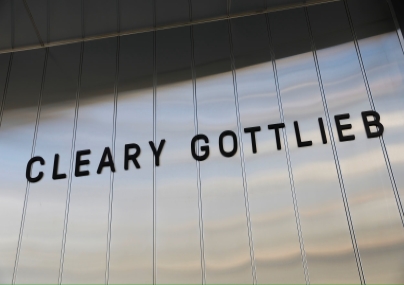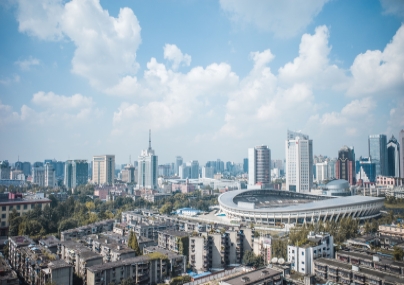Japan's Mitsui O.S.K. Lines Ltd paid about $29 million for the release of a ship seized by China over a dispute that dates back to the 1930s war between the countries, China's Supreme Court said on Thursday.
The Chinese government has described the case as a simple business dispute unrelated to wartime compensation claims, but it has become a cause célèbre for activists in China seeking redress from Japan.
Mitsui paid about 2.92 billion yen ($28.5 million) in leasing fees, including interest and damages, China's Supreme Court said, in a statement on its official microblog. Mitsui also paid 2.4 million yuan ($385,000) in legal fees, the court said.
Japanese media had earlier reported Mitsui paid about four billion yen ($39 million) to free the "Baosteel Emotion," a 226,434 deadweight-tonne ore carrier.
The ship was seized on Saturday over Mitsui's alleged failure to pay compensation for lease agreements on two Chinese ships that were broken in 1937, when war broke out between Japan and China.
Mitsui said in a statement the court had released the vessel on Thursday and it was preparing to depart Chinese waters. It did not say how much it had paid to resolve the case.
Broken leases
The amount the court said Mitsui paid is almost half the estimated $65 million value of the two-year old carrier, according to a ship broker who asked not to be identified.
The Supreme Court statement did not name the plaintiffs in the case or say what would happen to funds paid by Mitsui.
In 1936, Chung Wei Steamship Co, a Chinese shipping firm, leased two freighters to a Japanese company that was a predecessor of Mitsui.
Both Mitsui and China's official Xinhua news agency say the ships were expropriated by the Japanese government before the leases had expired. One of the ships hit a reef and sank in 1938 while another was destroyed by a mine in 1944, Xinhua said.
In the late 1980s, Chen Zhen and Chen Chun brought a lawsuit against the company which later became Mitsui. The two descendents of Chen Shuntong, who owned Chung Wei Steamship Co, were among other plaintiffs seeking financial compensation in a Shanghai court for the loss of the two vessels.
A number of court cases demanding compensation from Japan for forced wartime labor have arisen in China and South Korea. In February, two Japanese firms were sued in what media said was the first time a Chinese court had accepted such a case.
Deteriorating Sino-Japan relations have been fuelled by a row over a chain of uninhabited islands in the East China Sea.
Ties have worsened since China's creation of an air defense identification zone over the East China Sea and Japanese Prime Minister Shinzo Abe's December visit to the controversial Yasukuni Shrine honoring war criminals among Japan's war dead.


